Patric Chiha’s A Russian Winter is a minor work, but a nonetheless rewarding one: capturing exiled Russian youth in a tragic holding pattern.
A Russian Winter’s Lost Generation

Exploring the Outer Edge of Film

Patric Chiha’s A Russian Winter is a minor work, but a nonetheless rewarding one: capturing exiled Russian youth in a tragic holding pattern.
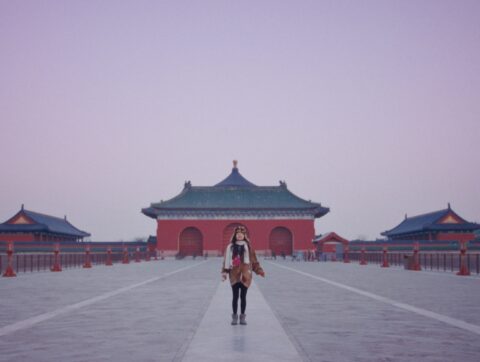
Naval-gazing documentary Two Mountains Weighing Down My Chest is a funny, lacerating look at being caught between two very different cultures.
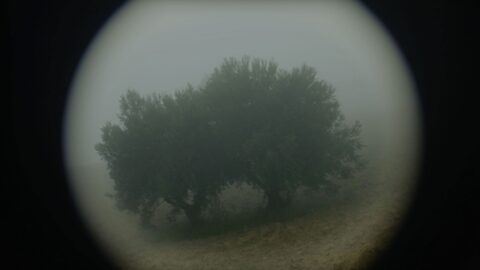
Why Do I See You in Everything? surveys the notion of home amid living in exile, but feels unfocussed while tending towards the tedious.
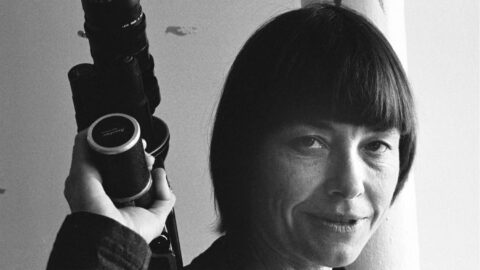
Barbara Forever is a loving tribute to the life and work of Barbara Hammer that excellently shows how she paved the way for many queer filmmakers to come.
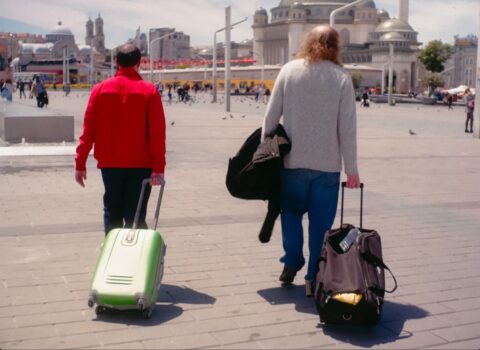
Two balding men travel to Instanbul for a transplant in Manoël Dupont’s uneven yet fascinating hybrid film Before/After.
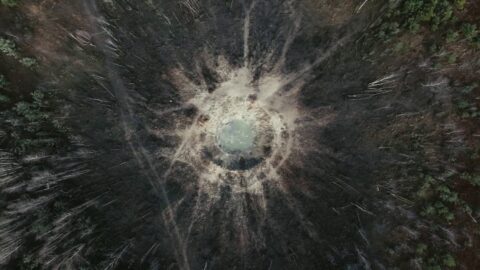
With careful drone footage and plenty of nature shots, Dmytro Hreshko creates a powerful portrait of how Russia has commited ecocide in Ukraine.
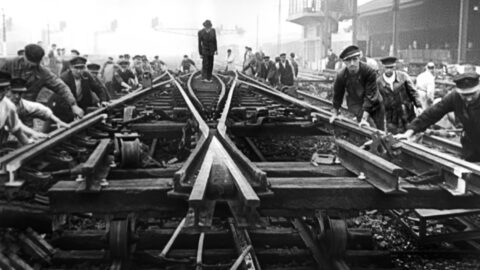
With no voiceover used, Maciej J. Drygas relies entirely on montage, music and sound design to use trains to tell the story of the twentieth century.
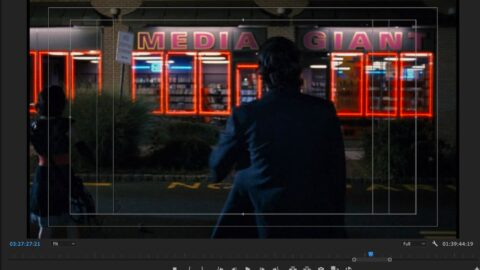
Over the course of three hours, Alex Ross Perry knowingly charts the rise and fall of the video store, from cultural icon to modern irrelevance.
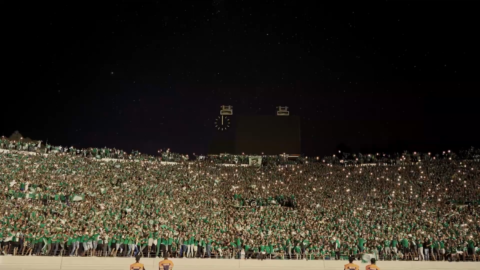
The highs and lows of die-hard football fan culture is lovingly surveyed in Ragnhild Ekner’s excellent documentary Ultras.
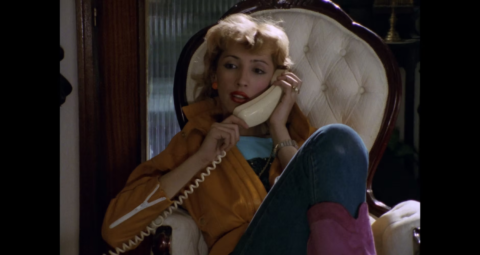
By letting trans women speak for themselves, the 1983 classic Dressed In Blue is an essential queer text, playing now in Berlinale Classics.